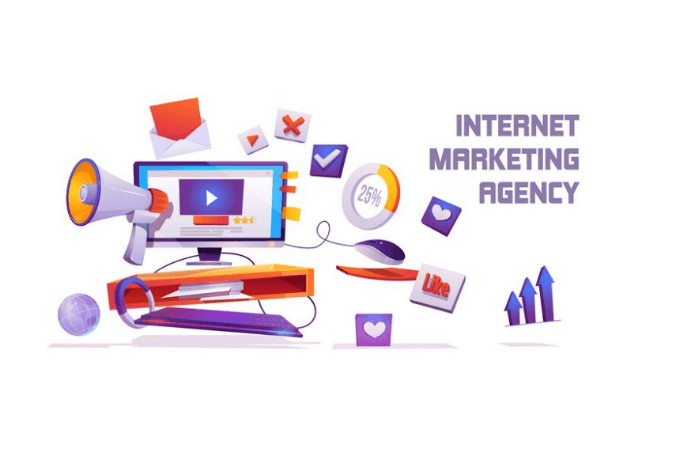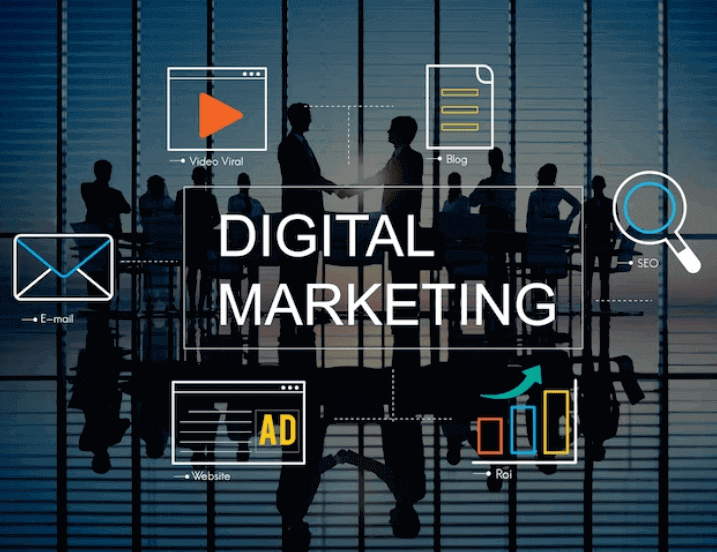
ERP for Medium Sized Business: What Is the Best Choice for You?
Medium-sized businesses often grapple with complex operational structures, demanding a reliable and efficient management system. Enter Enterprise Resource Planning (ERP) systems, offering integrated solutions designed to streamline processes, enhance productivity, and drive growth. But amidst a sea of options, determining the best ERP solution tailored for your business can be challenging.
Introduction to ERP Systems
In essence, ERP systems are comprehensive software solutions designed to centralize and manage various business functions. For medium-sized businesses, these systems serve as a centralized hub, encompassing financials, human resources, inventory, customer relationship management (CRM), and more. The primary goal? Simplifying processes, improving data visibility, and aiding decision-making.
Challenges Faced by Medium-Sized Businesses
Operating within a medium-sized business landscape poses its own set of challenges. The complexity of managing multiple departments, ensuring scalability without compromising efficiency, and handling data effectively can strain traditional systems. This is where ERP systems become invaluable.
Understanding ERP for Medium-Sized Businesses
ERP solutions tailored for medium-sized businesses offer scalable, cost-effective alternatives. Unlike larger enterprises, these systems are designed to address specific needs without unnecessary complexities, providing agility and adaptability.
Key Features to Look for in ERP
When choosing an ERP system, key features like customization, integration capabilities, and user-friendly interfaces are paramount. Customization allows alignment with unique business processes, while integration capabilities ensure seamless communication between different functions.
Popular ERP Options for Medium-Sized Businesses
Several ERP solutions cater specifically to medium-sized businesses, offering diverse features and functionalities. Most popular ones are:
- SAP Business One
- Designed for smaller and midsize businesses
- Used by over 70,000 customers globally
- Offers modules for finance, CRM, and supply chain management
- Microsoft Dynamics 365 Business Central
- Scalable solution ideal for growing businesses
- Integrates with Office 365 and other Microsoft tools
- Features finance, sales, purchasing, and inventory management modules
- Oracle NetSuite
- Cloud-based ERP system
- Supports financials, CRM, and e-commerce
- Trusted by more than 40,000 organizations worldwide
- Epicor ERP
- Tailored for manufacturing, distribution, and services
- Offers industry-specific solutions
- Focuses on scalability and flexibility for midsize enterprises
- Infor CloudSuite
- Cloud-based platform for various industries
- Emphasizes user-friendly interfaces
- Provides robust solutions for finance, HR, and supply chain management
Other ERP Options for Medium-Sized Businesses
- Acumatica
- Cloud-based ERP known for its flexibility
- Offers modules for financial management, distribution, and project accounting
- Adaptable pricing based on resource usage, suitable for midsize companies
- Syspro
- Targeted at manufacturing and distribution sectors
- Focuses on streamlining operations and enhancing productivity
- Customizable modules for inventory, sales, and supply chain management
- Sage X3
- Scalable ERP for midsize enterprises
- Designed for various industries, including manufacturing, distribution, and services
- Provides robust functionalities in finance, inventory, and procurement
- Deltek ERP
- Specialized ERP for project-based industries like construction and engineering
- Emphasizes project management, resource planning, and financial control
- Offers solutions for project accounting, time tracking, and procurement
- IFS Applications
- Targeted at industries with complex processes like manufacturing, aerospace, and defense
- Focuses on service and asset management along with core ERP functionalities
- Offers solutions for project management, HR, and supply chain optimization
Factors Influencing ERP Selection
Factors such as budget, industry-specific requirements, and growth projections significantly influence the choice of an ERP system. It’s essential to align the selected solution with both current and future business goals.
Benefits of Implementing ERP for Medium-Sized Businesses
The advantages are multifaceted, ranging from increased operational efficiency to better decision-making fueled by real-time data insights. Streamlined processes and improved collaboration are among the key benefits.
Potential Challenges During ERP Implementation
Resistance to change, technical hurdles, and resource limitations can impede a smooth implementation process. Identifying and addressing these challenges proactively is crucial.
Tips for Successful ERP Adoption
Engaging stakeholders throughout the implementation process, coupled with continuous evaluation and adaptation, ensures a smoother transition. Post-implementation support plays a pivotal role in sustaining efficiency.
Future Trends in ERP for Medium Sized Business
The future of ERP for medium sized business points toward integration with cutting-edge technologies like AI, machine learning, and cloud-based solutions. Enhanced security measures will also be a top priority.
Conclusion
Selecting the right ERP for medium sized business involves a nuanced understanding of specific needs, available solutions, and future growth trajectories. The optimal choice aligns seamlessly with operational requirements, driving efficiency and fostering growth.
FAQs
- How do I determine the right ERP system for my business size?
- Assess your business needs, scalability, budget, and industry-specific requirements. Consider ERP solutions tailored for medium-sized enterprises, focusing on customization, scalability, and integration capabilities.
- Are there ERP systems tailored specifically for certain industries?
- Yes, many ERP systems cater to specific industries such as manufacturing, retail, healthcare, and services. These systems offer tailored functionalities and modules to address industry-specific needs.
- What challenges should I anticipate during ERP implementation?
- Common challenges include resistance to change from employees, technical complexities, data migration issues, and ensuring a smooth transition without disrupting ongoing operations.
- Is it feasible to switch ERP systems once implemented?
- While feasible, switching ERP systems post-implementation is complex and involves significant costs, time, and effort. Careful planning, assessing requirements, and mitigating risks are crucial before considering a switch.
- What role does ongoing support play post-ERP implementation?
- Ongoing support post-ERP implementation is vital for maintenance, updates, user training, troubleshooting, and ensuring the system aligns with evolving business needs. It helps maximize efficiency and ROI.
Visit our website for more. Click here: “Quick Trend Insights“.





